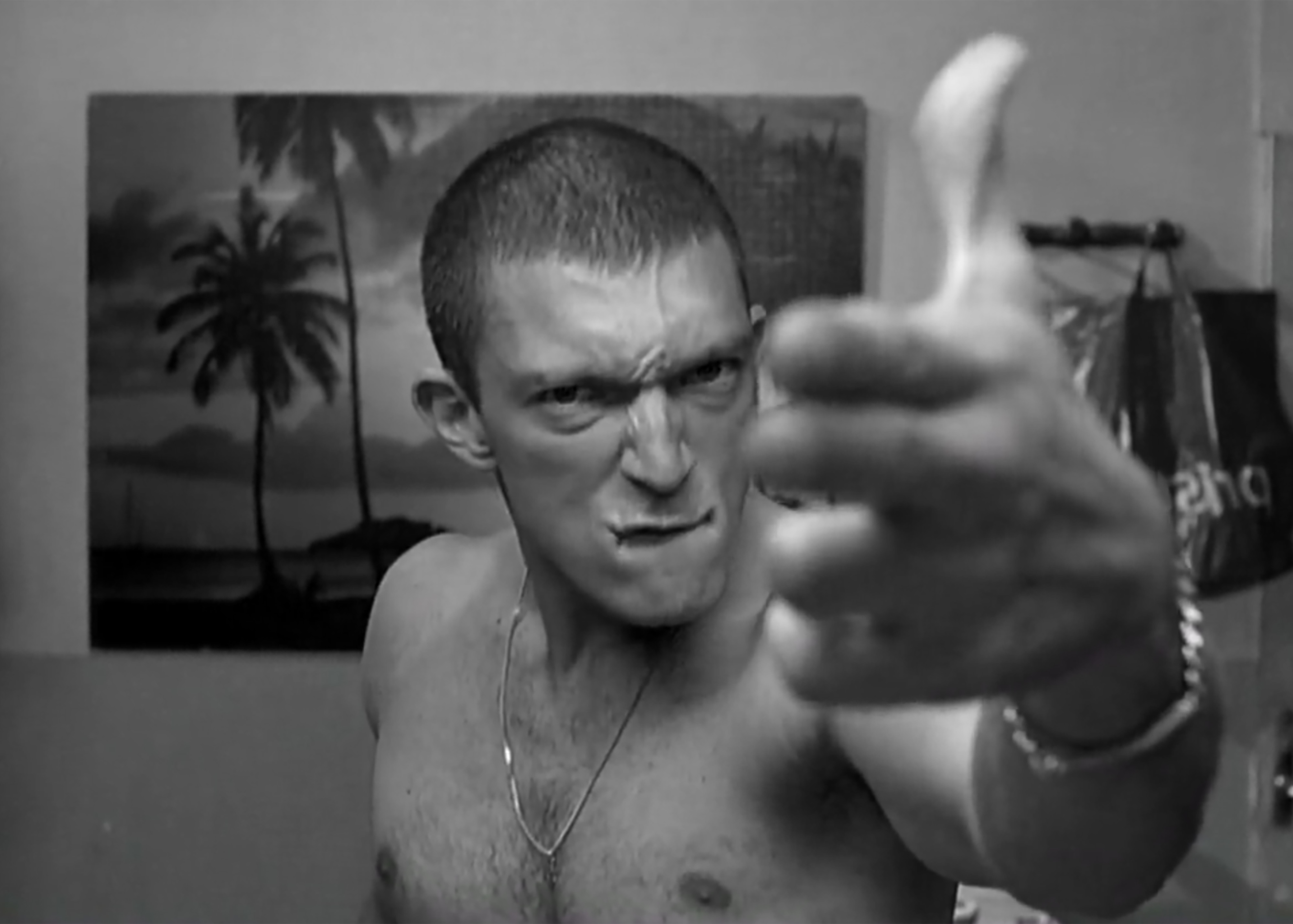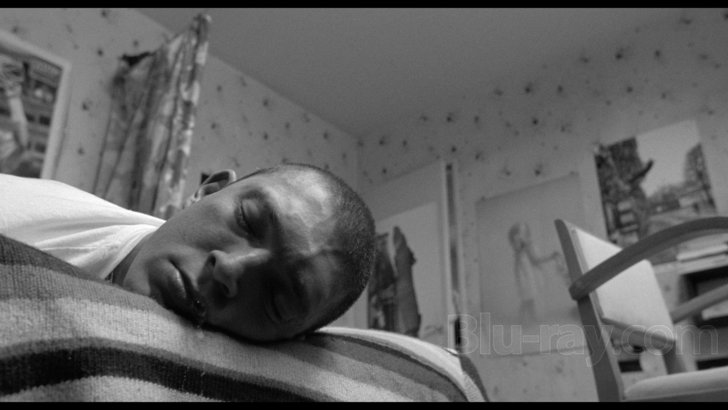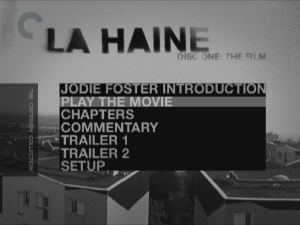


It's a resolutely male film, there is little room for a female perspective here, but those themes of alienation and hopelessness are truly universal.Ī rare insight into the concrete wastelands faced by millions it was a game changer in many ways. The central performers Vincent Cassel, Hubert Kounde and Said Taghmaoui – who all play characters using their own first names – are uniformly superb and the racial tension they face on those dark, unwelcoming streets grows continuously throughout.

Plot wise, La Haine is limited, but the insight it offers into life in the French 'banlieue', or suburbs, is profound. Set in the 24 hours following the event, it brings us the jaundiced world view of three friends – one black, one Jewish and one North African – who are disgusted with the police brutality they face day in and day out and feel fully disconnected from mainstream society as a result of. It won Mathieu Kassovitz the best director award at the festival and changed the face of French film forever.īrutal, bleak and believable, it tells the tale of the shooting of a young Arab boy in the culturally barren mean streets of the sink-hole housing estates that lie outside the picture postcard allure of the French capital – those dark avenues and alleyways where tourists fear to tread and even the locals don't venture out alone in. LA HAINE was the toast of Cannes when it premiered in 1995.


 0 kommentar(er)
0 kommentar(er)
